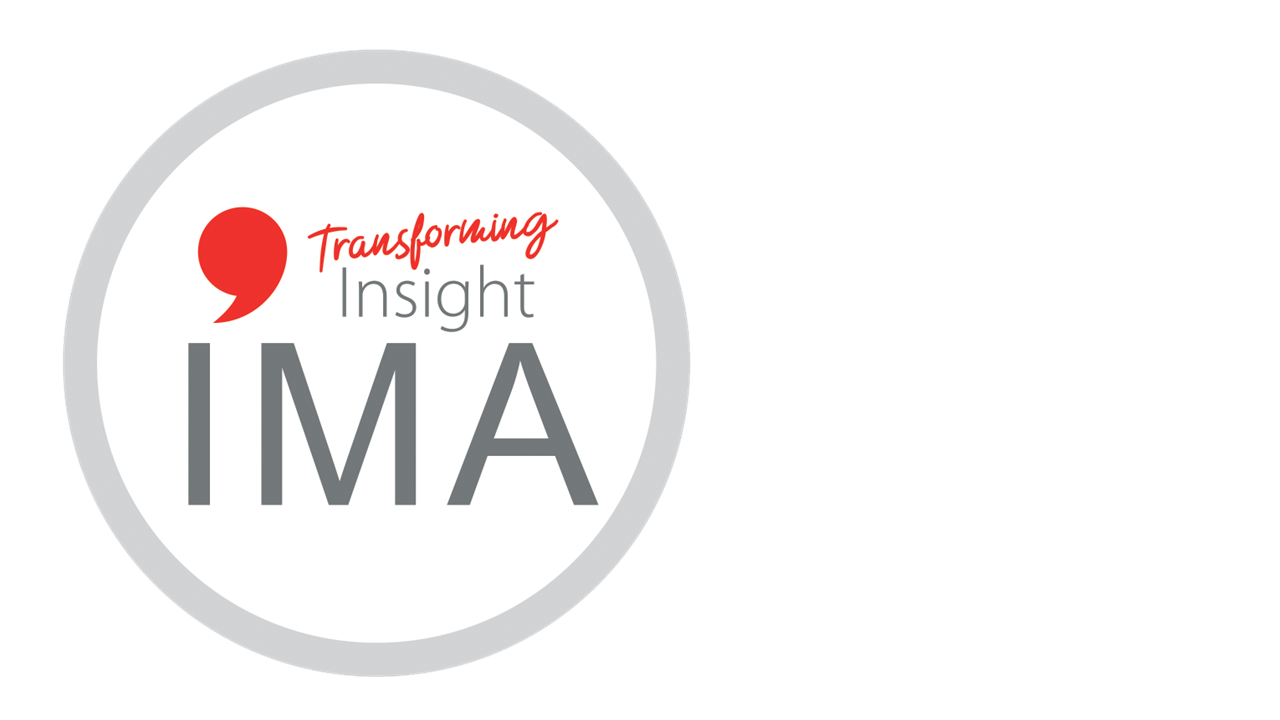
What does it mean to be 'commercial'?
Is it about having passed your accountancy exams?
Or perhaps having the ability to sell used cars? Or being experienced in leading sales teams?
Perhaps it’s about having an unshakeable inner confidence that if you were in Lord Sugar’s boardroom on The Apprentice, you would be hired not fired?
At the 55th meeting of the IMA’s Insight Forum in London last week, we discussed this topic with Insight leaders from 40 leading organisations, including Premier Foods, Tesco, Nestle and eBay.
Some of the Research and Analysis directors had felt pressure from their organisations to become more commercial. Some had been trying to prioritise their department’s work based on potential value. And some were encouraging their teams to calculate the Return on Investment associated with each completed piece of research.
But the overall sense was that this is an area that Insight teams do not find easy. A subject at which we feel we ought to be better than we are. Or maybe one that we’d rather ignore: 'let’s focus on understanding customers better and leave the commercial stuff to the sales people'.
One thing is for sure, of all the territories which the IMA encourages Insight leaders to explore, this is the one where collectively we feel there is the most work still to do.
That’s not just a gut feeling: when benchmarked, Insight teams score an average of only 4.9 points out of 12 on Insight commerciality, making this the weakest territory out of the 8 assessed in the IMA’s Insight Benchmark.
It’s time to reframe the question
Having spoken to well over 100 Insight leaders this year, I think it’s time that we changed the way that Insight teams think about commerciality. Let’s forget the image of the used car salesman, and think about a simple interaction between two people at a market stall.
Every commercial transaction involves 3 things:
There’s a customer. Meeting a supplier. And a value exchange between the two. Here’s the book you’d like in exchange for your £10. Yes, you can have my magic beans if you give me your pantomime cow.
Because many of us work in large, complex organisations, often in head office environments where we don’t see our own frontline staff, we can lose sight of the essential simplicity of this idea.
And we can also lose sight of a key insight: you cannot have commercial understanding unless you understand all three things in our market picture:
- You need to know the customer, who she is and what drove her to come to this vegetable stall today
- You need to understand the market trader, how he sourced his vegetables, the cost of purchasing them and hiring the stall
- And you need to understand the transaction which takes place, the volume of goods sold, the price paid and the margin made
Working in an Insight team it can often be tempting to think that the commercial aspects of a business are somebody else’s concern. We construct a view of the world which separates 'the commercial' from 'the customer'.
This means that the idea of researchers and analysts being commercial is akin to putting on somebody else’s uniform or accepting a different mindset. Not only do we think of rational reasons for rejecting the idea, we also recoil from the suggestion that we’d have to accept another department’s motives and values.
But an organisation cannot be considered commercial, let alone achieve sustainable commercial success, without understanding the customer, its own operations, and the financial transactions between customer and supplier.
And so the learning developed by an Insight team is just as integral to the whole concept of commerciality as the spreadsheets kept by Finance or the operational processes developed by product, sourcing and sales teams.
Commercial success = customer + operations + finance
In fact, you could argue that Insight’s role is even more important, because Insight people are naturally skilled at joining together data and ideas from multiple sources, and putting them together to form a model of behaviour. It is easier for us to consider the Financial and Operational data we would need for our commercial models, than it is for other departments to understand which key customer and market insights they need to integrate into theirs.
The new key questions
The questions for us to consider then are not:
- Should Insight teams become more commercial? and
- How do we persuade our teams to accept that this must happen?
But rather they are:
- How can Insight improve our organisations’ commercial understanding? and
- What tools and behaviours can Insight teams develop to help our companies?
How the IMA can support your team to be more commercial
The IMA has developed a four step process for commercial valuation. This process, and all the other material shared in slides at the Forum meeting, is now available to members, and a full best practice report on Insight Commerciality will be available in early 2019.
If you'd like to make a start on helping your organisation to be more commercial, we would be very happy to help. Please contact us to get started.
If your organisation is not yet a member, we are currently offering a limited number of free 100 day corporate membership trials. Find out more here.
